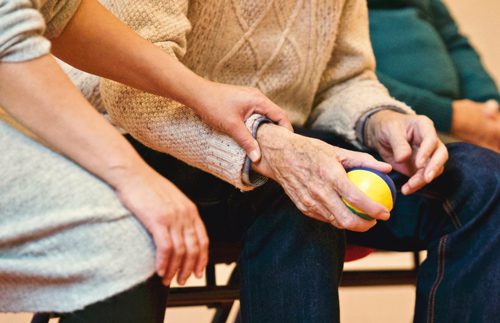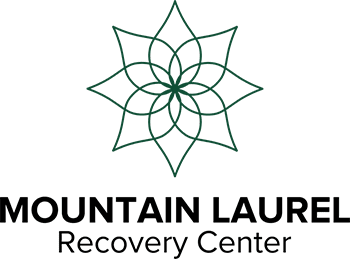Recovery is a time of new beginnings.

Benefits of Volunteering
Some of the potential benefits you may experience by making volunteer work a part of your sober lifestyle include:
- Reduces stress by giving you a constructive task to focus on
- Relieves symptoms of depression
- Prevents feelings of isolation
- Fosters feelings of gratitude
- Boosts self-esteem and feelings of accomplishment
- Helps you make new connections for your sober support network
- Provides purpose and accountability for your newly sober lifestyle
At Mountain Laurel Recovery Center, a leading Pennsylvania drug and alcohol rehab center, we encourage interested clients to make giving back a part of their holistic treatment program. Our holistically grounded, multi-disciplinary approach views addiction as a problem affecting the body, mind, and spirit and thus encourages any effort to develop a balanced, wellness-focused lifestyle.
Choosing the Right Volunteer Opportunity
If you’ve never done any volunteer work before, you might find yourself wondering what type of position is right for you. This requires a bit of self-reflection. Questions to ask yourself include:
- What causes are important to you? Do you care about education? Animal rights? Protecting the environment? Helping low-income families?
- What professional skills do you have? Do you have talents in an area such as writing, editing, photography, bookkeeping, or web design?
- What skills would you like to learn? Can volunteering help you build a stronger resume for your post-treatment job search?
- What type of environment are you most comfortable in? Do you want to work as part of a group or on your own? Do you like routine and structure or are you open to a more unpredictable environment?
- How much time do you have to devote to volunteering? Can you handle volunteering without jeopardizing your recovery-related commitments?
You can find volunteer opportunities by reviewing your local newspaper or the social media pages of organizations in your community. Organizations that are typically in need of volunteers include:
- Churches or places of worship
- Libraries
- Schools
- Parks
- Museums
- Retirement communities
- Nursing homes
- Political campaigns
- Animal shelters
- Homeless shelters
- Domestic violence shelters
The VolunteerMatch website provides a searchable database of volunteer opportunities from established non-profit organizations, including virtual volunteer positions you can do from the comfort of your own home.
Once you find a volunteer opportunity you are interested in, give the experience the same consideration you would apply to paid employment. Non-profit organizations depend heavily on the support of their volunteers, which means it’s important to honor your commitments, be punctual, and complete the work to the best of your ability. However, if the experience doesn’t turn out to be a good fit, there’s no harm in moving on to a new opportunity.
Volunteering as a Group Activity
Consider asking family or friends to volunteer with you if the idea of volunteering with strangers makes you uncomfortable, Non-profit organizations generally encourage volunteer groups, since people who already know each other are often more productive than a group of strangers when it comes to working together. Volunteering as a group also lets friends and family show their support for your recovery efforts, even if they’re still struggling to understand all the details of your journey to sobriety.
If you’re a parent in recovery, keep in mind that children and teens are welcome at most non-profit organizations as long as they have the ability to complete the task at hand. Gaining volunteering experience at a young age helps them build empathy and learn the value of good citizenship. If you have questions about whether a particular opportunity is appropriate for volunteering as a family, simply call the volunteer coordinator and ask if there are any age restrictions or volunteer qualifications you should know about.
If you are having trouble finding a suitable group volunteer experience, one alternative would be to organize a fundraiser for a cause you support. For example, your family could have a garage sale or bake sale and vote on which charity to donate the proceeds to.
Helping Others Get Sober as a Way to Give Back
In the earliest stages of recovery, your focus should be on maintaining your own sobriety. However, once you’ve built a solid foundation for your recovery and feel confident about your sober lifestyle, helping others make the decision to get treatment can be a rewarding way to give back. This might include:
- Offering information about substance abuse and recovery options in your community to teens, young adults, or other at-risk groups
- Sharing your recovery story with someone who is concerned about their substance use or worried about a loved one
- Providing transportation to 12-Step meetings for people who don’t have a license or a working vehicle
- Serving as a 12-Step sponsor
- Being an informal recovery mentor for someone in need
- Hosting sober social events for people in recovery
Your experience in recovery has given you a unique perspective and skills that can be used to make a difference.
